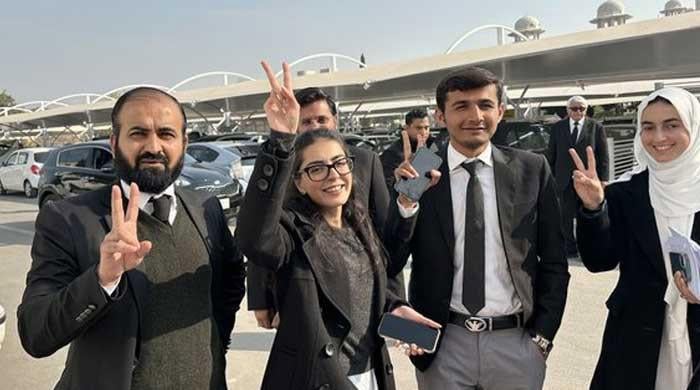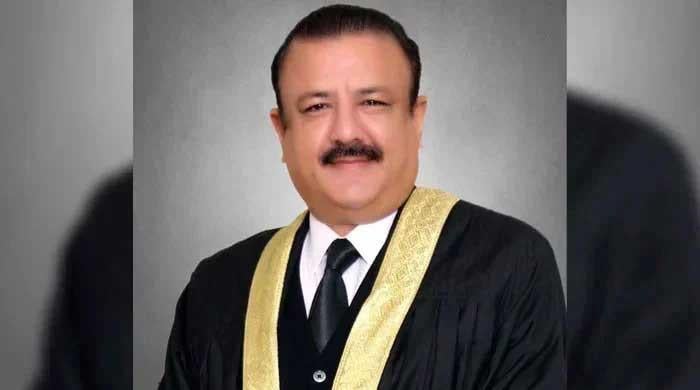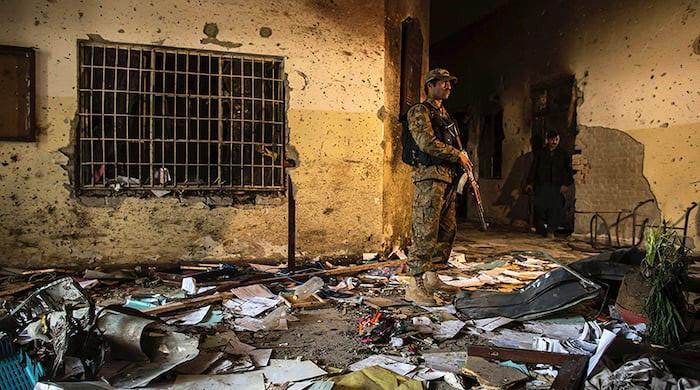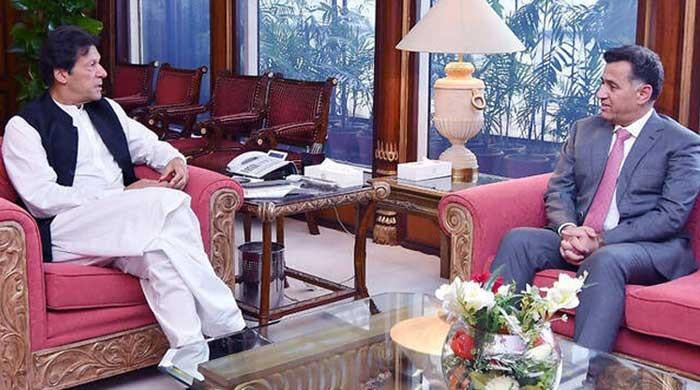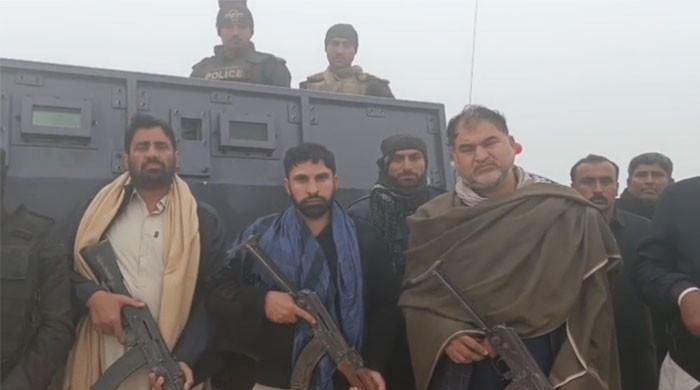Pakistan boosts female participation in UN peacekeeping operations
Pakistani peacekeepers have been serving in DRC since 1999
February 13, 2019
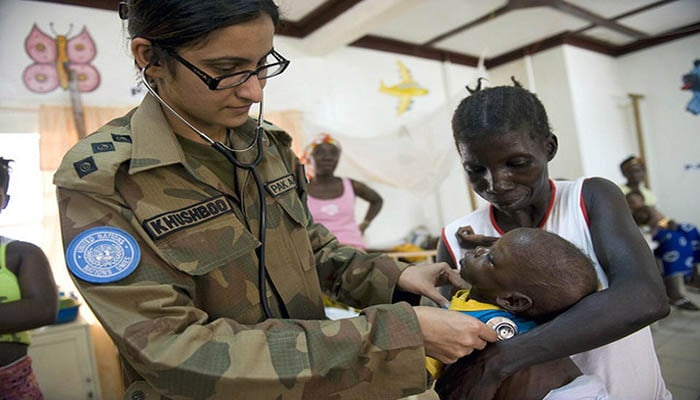
UNITED NATIONS: Pakistan has met the United Nations target of deploying 15 per cent female military and staff officers in UN peacekeeping missions in line with efforts to enhance women's participation in the world body's flagship activity, a senior Pakistani diplomat has said.
Speaking in the Special Committee on Peacekeeping Operations on Monday, Ambassador Maleeha Lodhi, permanent representative of Pakistan to the UN, said she was proud to point out that Pakistan has gone up from zero per cent participation of women in peacekeeping to 15 per cent in 18 months.
At the same time, she told the committee that Pakistan is deploying an "engagement team" consisting of women to the Democratic Republic of Congo (DRC) in May.
Pakistani peacekeepers have been serving in DRC since 1999. "Our faith in peacekeeping, as an indispensable tool for the maintenance of international peace and security, is firm and abiding," the Pakistani envoy added.
The Special Committee brings together all stakeholders of UN peacekeeping -- troop and police contributors, financial contributors, Security Council members and the UN Secretariat.
Ambassador Lodhi also called for "strengthening" the United Nations Military Observer Mission in India and Pakistan (UNMOGIP), which monitors the Line of Control (LoC) in Kashmir, to enable it to deal with the rising tensions in the disputed region.
"We believe UNMOGIP has been and continues to play an important role in the maintenance of peace and security in a volatile neighbourhood," she said.
In her remarks, the Pakistani envoy said peacekeepers demonstrate that their response in hostile situations does not constrain the use of force.
However, the fundamentals of peacekeeping must be preserved, she said, noting Pakistan’s contributions as a longstanding and consistent troop and police contributing country.
The Special Committee must play its role in building norms and making recommendations.
Deployment decisions must be based on knowledge of the situation on the ground, in consultation with the troop-contributing countries, she said, adding that Pakistan and the United Kingdom had drafted recommendations in this regard.
Yet, the Pakistani envoy said cost-cutting exercises must not overlook the fact that peacekeeping is itself cost-effective, deserving of adequate financial and material resources with effective reviews and assessments.
In this vein, troop-contributing countries must be more involved in related peacekeeping processes.
Peacekeeping works best when there is a peace to keep, with a robust political track that enhances efforts, she said.
However, doing more with less is not sustainable and missions must be adequately equipped.




